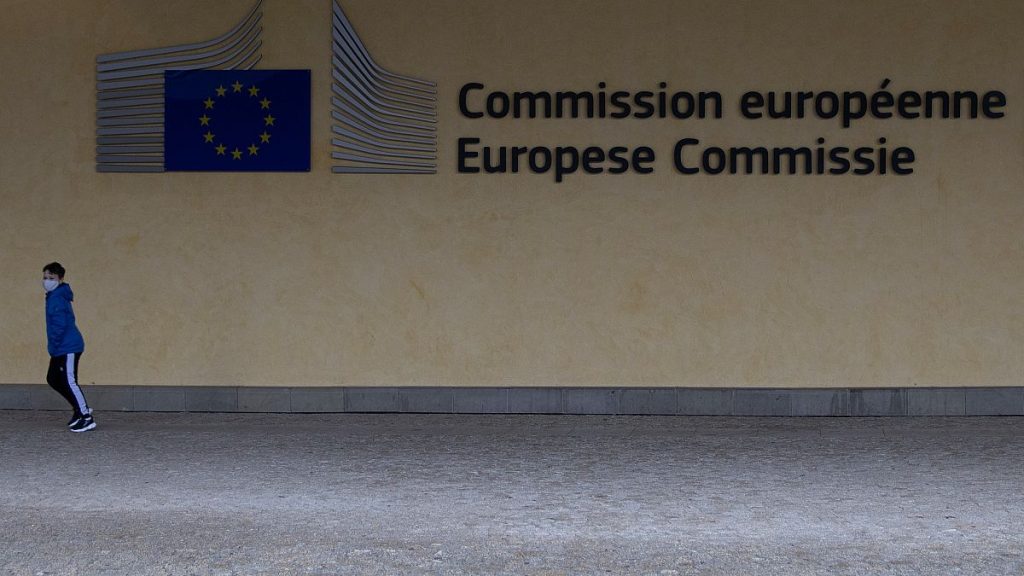The European Commission has issued warnings to eight member countries for excessive budget deficits, marking a resumption of fiscal interventions that were suspended during the pandemic. Belgium, France, Italy, Hungary, Malta, Poland, Slovakia, and Romania have all been criticized for their failure to balance their budgets, with Romania facing the more serious charge of not heeding previous warnings over profligacy. This move has come at a sensitive time as France prepares for key legislative elections and Brussels reshuffles its top jobs, potentially leading to fines on indebted nations. The EU Commissioner has emphasized the need for member states to bring down debt and deficits and comply with EU recommendations.
Romania, which is expected to have the largest deficit in the EU next year at 7% of GDP, is the only country Brussels considers to have an excessive macroeconomic imbalance. The EU has urged the country to implement reforms to correct its fiscal imbalance, including changes to taxation and public sector wages. Other countries such as Estonia have narrowly escaped censure due to understandable spending in areas like defense, with Spain, Finland, Slovenia, and Czechia deemed to have minor or temporary breaches of budget norms. The EU’s fiscal rules require national fiscal positions to have deficits under 3% of GDP and overall debt to be kept under 60%, but enforcing these rules can be politically contentious.
The Commission’s actions are likely to spark controversy, particularly in France where the recent downgrade of its credit rating and upcoming legislative elections have heightened economic concerns. Marine Le Pen, leader of the National Rally party, has proposed measures such as reducing the retirement age and cutting VAT on fuel, which incumbent government officials warn could lead to a debt crisis. Belgium, with a deficit of nearly 5% expected next year, is also experiencing political upheaval as the Prime Minister has announced his resignation after disappointing election results. The Commission’s decisions also coincide with President von der Leyen seeking renomination for a second term, with the support of leaders like Italy’s Prime Minister still uncertain.
The reports issued by the Commission signal the first step in a potentially lengthy procedure that could result in fines for countries that jeopardize the euro’s financial stability. The enforcement of fiscal rules was put on hold in 2020 due to the Covid crisis and subsequent economic challenges, but a more flexible set of budget constraints was agreed upon earlier this year to allow for increased spending on areas like climate change and defense. The Commission’s actions will initiate a process of discussion and analysis, with finance ministers expected to endorse formal recommendations for countries with excessive deficits to correct their imbalances by December. The potential repercussions of these fiscal interventions could have significant implications for the economic stability of the EU and its member states.













